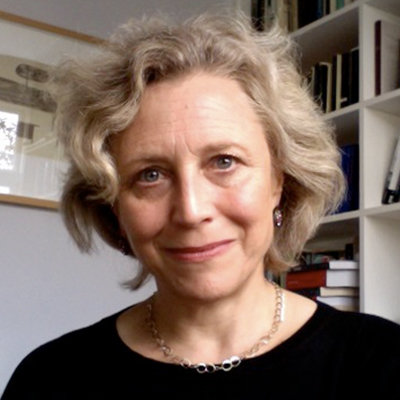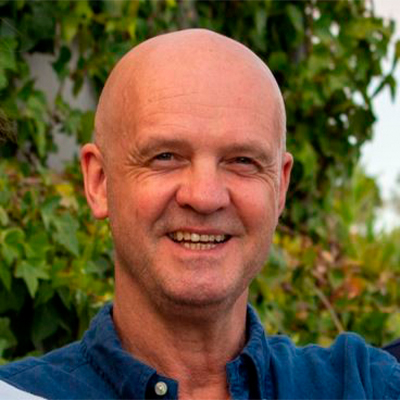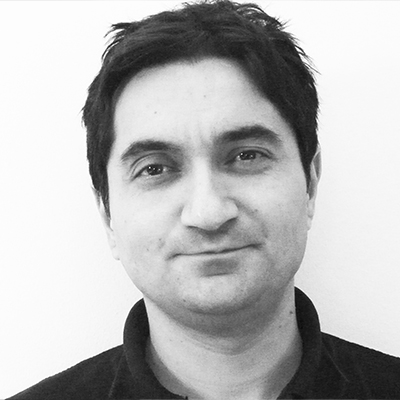Technoscientific Practices of Music;
New Technologies, Instruments and Agents
Nov. 11th 2022
Oodi - Helsinki, Finland
Open public event
The symposium will discuss the new music technologies as a process / practice / relationship that involves social and technoscientific transformations in view of music, science, philosophy, community of people, non-humans and life-world as a whole. It is not anymore a myth or urban legend, advanced AI technologies do challenge current practices of creative practitioners and offer a new perspective that redefines the relation between humans and AI. What does this say about the nature of AI and its ability to be part of the mutual incorporation? What “social connections” these AI creative agents build up in music practices, which leads to emerging aesthetics and meanings to appear that would not have been possible otherwise.
